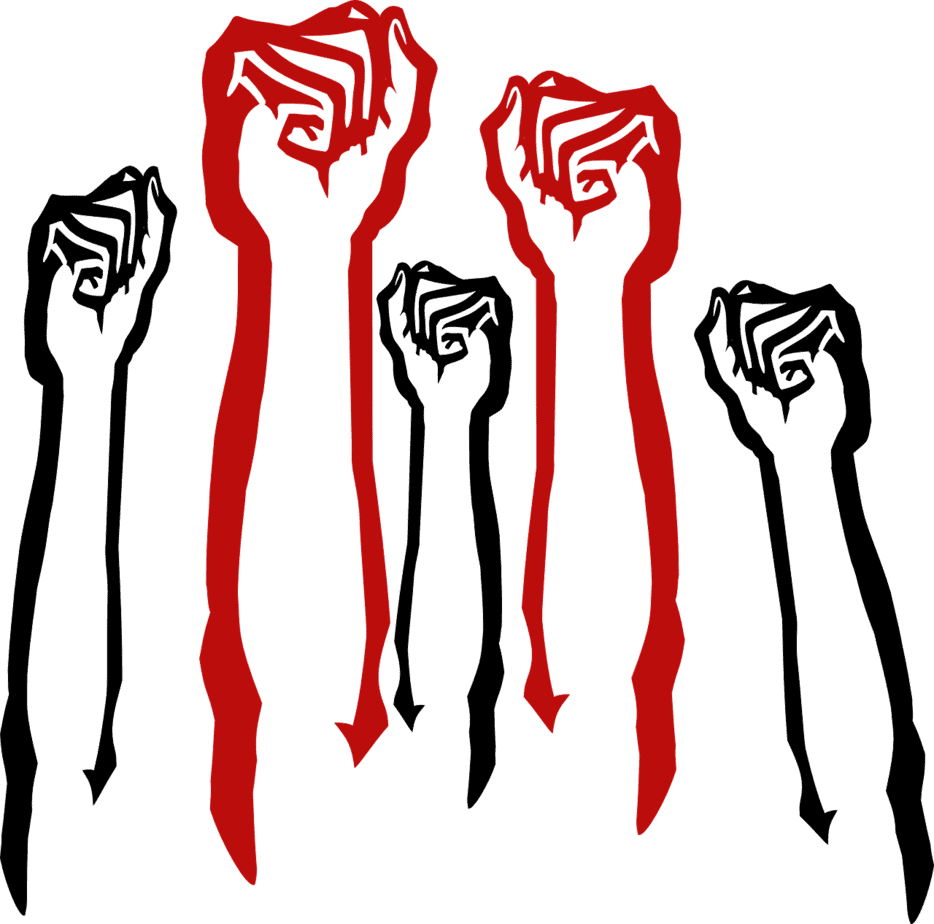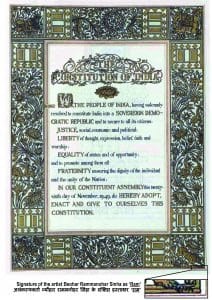AUTHORED BY: MS NATASHA JAIN, LL.B, FINAL YEAR STUDENT AT NEW LAW COLLEGE, BHARATI VIDYAPEETH DEEMED UNIVERSITY & RESEARCH WRITER AT LAW AUDIENCE: EDITED BY: MS. PRIYA KUSHWAH, B.A.LL.B, STUDENT AT NATIONAL UNIVERSITY OF STUDY AND RESEARCH IN LAW, RANCHI & ASSISTANT EDITOR AT LAW AUDIENCE.
INTRODUCTION:
The word ‘Feminism’ conceptualizes a very deep understanding of identity as a woman and the growing problems related to women. From the past, women have been suppressed and this is the actual cause of all the feminine issues in the society. Basically, feminism means to express, set and gain equal opportunities in every field for women which are equivalent to those for men. The personal, economic, educational, political, social and professional equality must be achieved by women and men both. From the past till the present time, the society have been working for the rights of women which comprises of the right to education, to vote, to work, to own property, to earn equal pay, to hold public office, to enter contracts, to have equal rights in the marriage and also to have maternity leave. Also, these movements have fought to save and protect girls and women from being the victim of domestic violence, sexual harassment and other mental and physical torture. Overall, these feminine movements have played a major role in changing the thinking of the society for women and their constitutional rights provided all over the world.
FEMINISM:
Feminism is not about making women strong. Women are already very strong it is just about changing the way the world notices the strength. One of the most crucial aspects for the feminists is to understand the different reasons related to the demotion of the women in the society. However, there are various views which have given rise to the three main conceptual movements which are liberal feminism, socialist feminism & radical feminism. Women have been so strong since a very long time but society has come to notice the strength and power of women in recent time. However, patriarchy is very deeply rooted in our country and has been a very long tradition of resisting women. In India, feminism has always tended to represent the interests and concerns of upper caste women rather than focusing on the entire women population of the country. The only method to overcome the gender gap in both the developing and developed countries is to commence teaching the men of our society from a very young age to respect women and to value their strength. In India, it is a set of actions aimed at defining, setting up and protecting equal social, political and economic rights and equal opportunities for women. Women are fighting for gender equality, the right to work for equal wages, equal right to use health and education along with equal political rights. Women have always fought against the patriarchal society issues in the country which has been there since last time. Today, women are living in modern society and twentieth society but still they are facing various issues of discrimination. Under the constitution, women are assured for the equality, however legal protection has a very limited effect and the patriarchal traditions in society still exist. The Khap Panchayats that want to maintain the caste and class hierarchy and there are men panchayats which believes that women should behave in a particular way and should be dependent on men. The chains that tie down the women are not externally present but are there present invisibly in the patriarchal society. In order to be independent completely, women need to free themselves from these bars and they need to be aware of the sufferings and should be brave enough to deal with the issues created by the patriarchal society. Thus, we need to create an encouraging environment where women can be free to chase and fulfil their dreams and contribute to the welfare and development of the country. The main motive of the society should be to work for the reduction of crime against women and also to eliminate the growing gender inequality in India by changing the mindset of society.
POSITION OF WOMEN IN SOCIETY:
Indian society has always been male dominating society; however, women are no lesser than men in the present time. It has always been noticed that women used to be weaker than men in society, especially in Indian society. Today also women are still fighting for their rights and position in society. They are suppressed by men and are given mental and physical suffering to remain weak. In some parts of India, still, women are not allowed to raise their voice for their civil rights. They are not provided with proper education, livelihood, care and support. They are not permitted to work, go out of the home without permission and to wear clothes according to their will. The difference between the upbringing of a girl child and a boy child leads to discrimination. In India, the social stratification of women leaves them as a second rate citizen. We are in the twenty-first century and there has been modernization in every sector. However, violence against women is increasing day by day cutting down the limitations of class, age, culture and education. Today, everyone talks about women empowerment, feminism, equality, but even though the fact and the truth are that women is mistreated physically, economically, sexually, and psychologically. Women are still deprived of their constitutional rights, security, self-respect and dignity. Undoubtedly, women have always played a very important and precise role which has been there in history and society. She plays a vital role in the progress of society, but her position has been an endless process of ups and downs.
CONCLUSION:
In nutshell, it can be concluded that after many years since the time of independence, huge changes have been noticed in the status and position of the women in Indian society. To uplift the position of women, various legislation related to women were passed and were mainly connected to marriage, inheritance of property, employment and divorce. But, however, women might have been given much liberty but in reality, they still suffer different hardships, inhuman dignities and unbearable treatment. They do not enjoy equal status and their condition is still far from acceptable.



